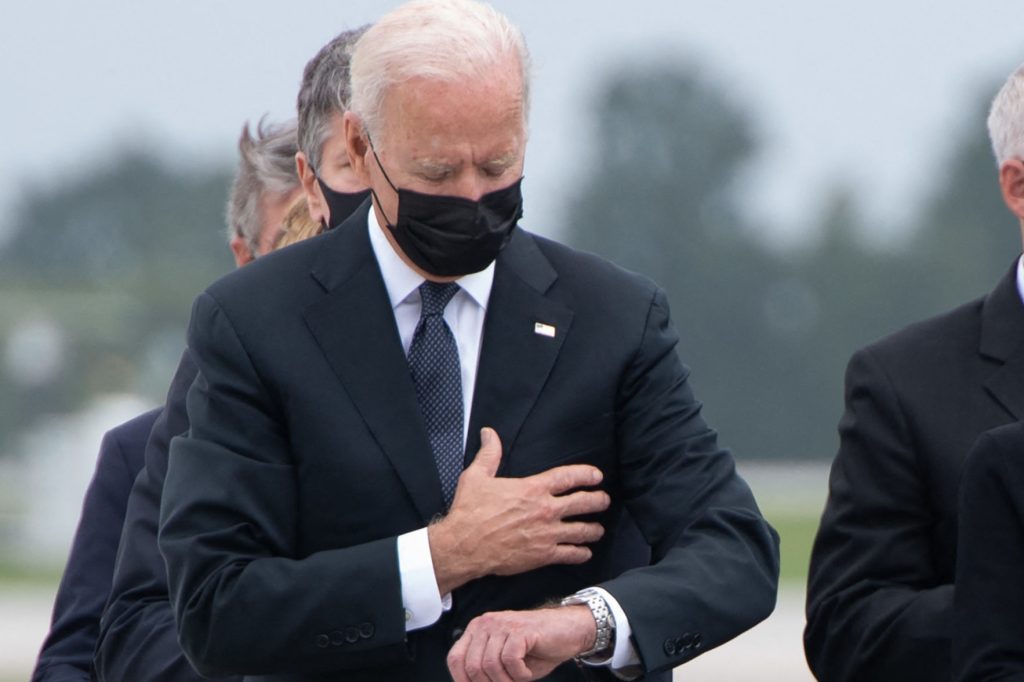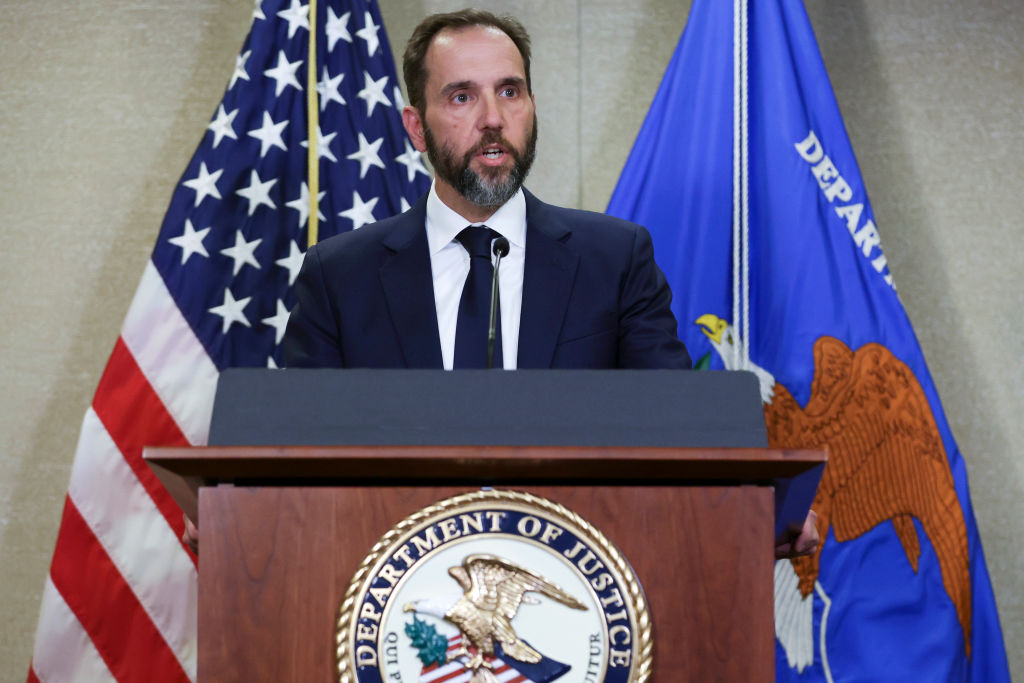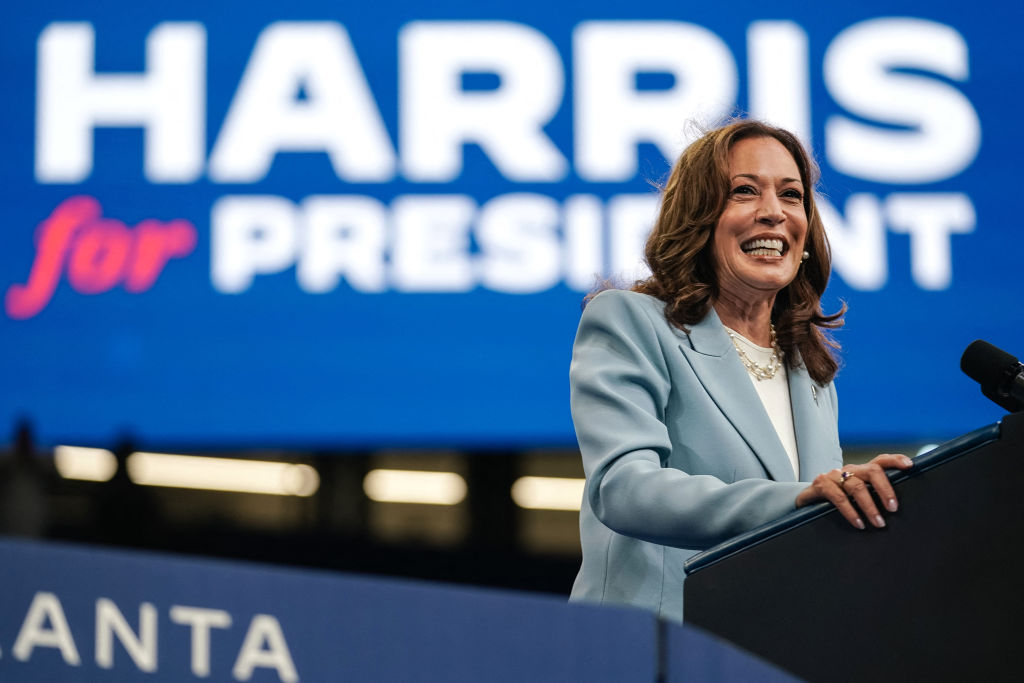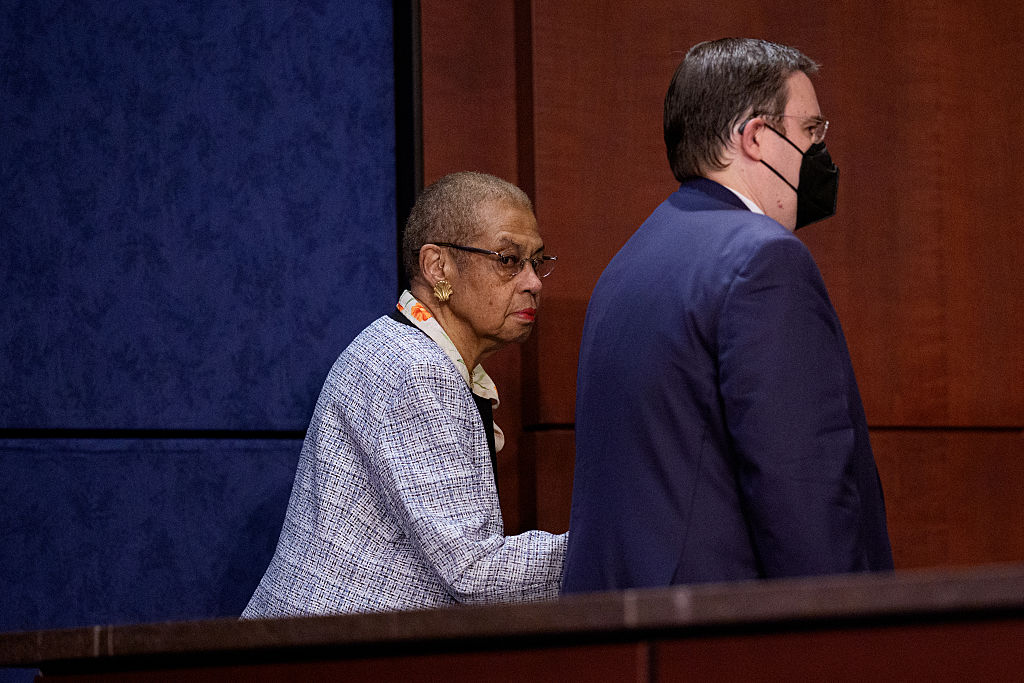Since when is the President of the United States everyone’s therapist? Since the 2020 presidential election, when Democratic politicians and the media designated the commander-in-chief as our nation’s collective grief counselor. Enter: Joe Biden
This election, we were told, was about character. Joe Biden, having suffered his own immense personal losses, was in a unique position to help the nation heal and unify after a tumultuous four years of President Donald Trump. The news headlines, both before and after Biden’s victory, insisted that his personal experience with grief is what makes him such a formidable politician:
‘Biden leans into empathizer-in-chief role’ — the Hill
‘How Grief Became Joe Biden’s “Superpower”’ — Politico
‘Joe Biden, Emissary of Grief’ — the New York Times
‘Joe Biden Is Unmatched as America’s Grief Counselor’ — TIME
‘Joe Biden’s first 100 days as consoler-in-chief’ — NBC News
‘The triumphant grief of Joe Biden’ — CNN
There was always something off-putting about reframing the loss of Biden’s wife and infant daughter to a car accident and his son to brain cancer in political terms. Biden’s unsympathetic responses to the disastrous pullout from Afghanistan over the past couple of weeks confirmed the foolhardiness of trying to turn a president into a therapist. His shouted response to criticism of the withdrawal on Tuesday was only his latest failed attempt at soothing a nation under duress.
When NBC News’s Peter Alexander asked Biden what would happen if Americans remained stuck in Afghanistan after the August 31 withdrawal deadline — which would likely see them become Taliban hostages — Biden responded with snark, ‘You’ll be the first person I call.’ This was almost as comforting as Biden repeatedly checking his watch during the dignified transfer of 13 Marines killed by suicide bombers, as if he had somewhere more important to be than mourning with the family members of those who made the ultimate sacrifice.
Biden’s national address in response to the suicide bombings was hardly better. He reused the tired ‘black hole in your chest’ line from nearly every speech he has given about loss and tragedy, including the Pulse Nightclub shooting, Memorial Day, and at least three separate speeches about the COVID-19 pandemic — one during the Democratic National Convention, another during a campaign speech in October 2020, and one during a remembrance speech when the pandemic’s death toll reached half a million Americans. Why dull the emotional weight of drawing on your own grief by including this over-used, scripted line?
Perhaps Biden’s biggest mistake in trying to connect with those grieving is his insistence that he understands their pain. Grief can be a shared experience, but it is also a deeply personal one. It was not right for Biden to suggest in his address that losing his son, Beau, to a long battle with brain cancer, was comparable to the Marine families losing their loved ones unexpectedly in a blast from a suicide bomber in a foreign policy disaster that he helped create.
I recently lost my father unexpectedly under rather traumatic circumstances, and it infuriated me when people told me that they understood what I was going through. Everyone processes grief differently, and it was alienating to be told how I must be feeling. Although I knew those people meant well and were trying to connect with me, it felt they were taking my grief and making it about them. It was hurtful and insulting that they would seemingly deny the individuality of my father and my unique relationship with him.
Yet, Biden did exactly that when meeting with the families during the dignified transfer at Dover. Mark Schmitz, the father of Marine Lance Cpl. Jared Schmitz, said he did not appreciate it when Biden spent most of their time together talking about Beau. Schmitz eventually pulled out a photo of Jared to give the President, telling him, ‘Don’t you ever forget that name. Don’t you ever forget that face.’ The family of Marine Lance Cpl. Rylee McCollum said Biden’s words to them felt ‘scripted and shallow’ and that he showed a ‘total disregard to the loss of our Marine.’
How odd that Biden, the so-called empath-in-chief, would make such obvious errors in his attempt to salve the wounds left by his bungled departure from Afghanistan. The truth is that, despite the media’s proclamations, experiencing grief doesn’t necessarily make you more equipped to provide comfort to others. The idea of Biden as America’s therapist was always an invention cooked up for political purposes, and now it has been shattered.

























